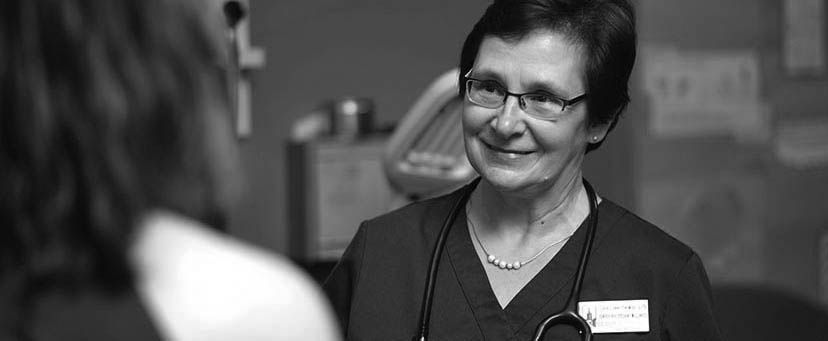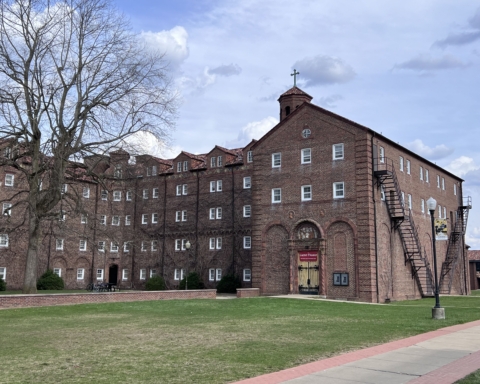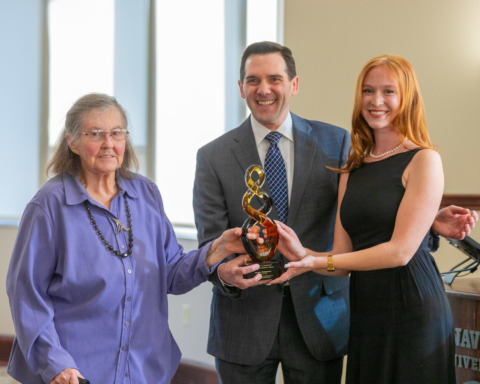Teachers and medical professionals discuss its impact on students
An introvert is a shy, reclusive person who does not enjoy conventional socialization, making up between 45 to 50 percent of the population. The counterpart of introverts are extroverts, who are social, outgoing people and typically enjoy things such as parties. Introverts are highly misunderstood and even mistreated. Introverts are often given labels like ‘anti-social,’ ‘hermits’ and are even told they will be unsuccessful in life. But how true are these claims? Dr. Megan Walsh, chair of the English department, is a self-proclaimed introvert.
“While many people say being introverted is a challenge, I think it also offers two really important benefits. First, hard work is the cornerstone of a professional advancement, and, like it or not, a lot of hard-work happens alone,” Walsh said. “Sometimes it really is just you and the laptop at 2 a.m. Introverts are comfortable being alone and can have an advantage there.”
Walsh continued, “Second, being a professional means doing stuff independently, whether that’s working on a project that’s different from everyone else’s or even just living alone in a new city. Introverts are already accustomed to being independent. They can go to a restaurant alone!”
It seems to be the common belief that introverts never want to socialize and are hermits. It is also believed that this solitude causes, or is the product of, mental health problems.
Unfortunately, because of these misconceptions, introverts are often bullied or put down. When asked if she had experienced this, Walsh said, “Ha. My fourth grade teacher used to give me a hard time for reading during recess!”
To the apparent belief that introverts ought to change or be fixed, Walsh said, “Absolutely not. Is that something people think? It’s a social style, not a pathology.”
Melanie Gerber, a full-time counselor in the Center for Student Wellness, also gave her insights on mental health for introverts.
When given the notion that introverts are less stable or mentally healthy than extroverts, she said, “There has been, to my knowledge, no relationship to show that introverts are less stable than extroverts. I think that the natural tendency to isolate may increase the likelihood of depressive or anxiety symptoms. However, gaining insight into self and self-acceptance and understanding the benefit of reaching out for support when necessary is possible and beneficial.”
Gerber concluded with reassurance that there is no need to fix introverts, so long as they are happy and mentally healthy.
Ultimately, it seems that introverts are misunderstood. Introverts are not anti-social; they are typically asocial, which is something different entirely. Being an introvert does not mean never communicating with others or having an inability to be a socially functionable person. It merely means a preference to solitude, not a lack of success. Introverts are fully capable people in as much deference of understanding and acceptance as the outgoing.
By Anastasia Smith
smithan18@bonaventure.edu






